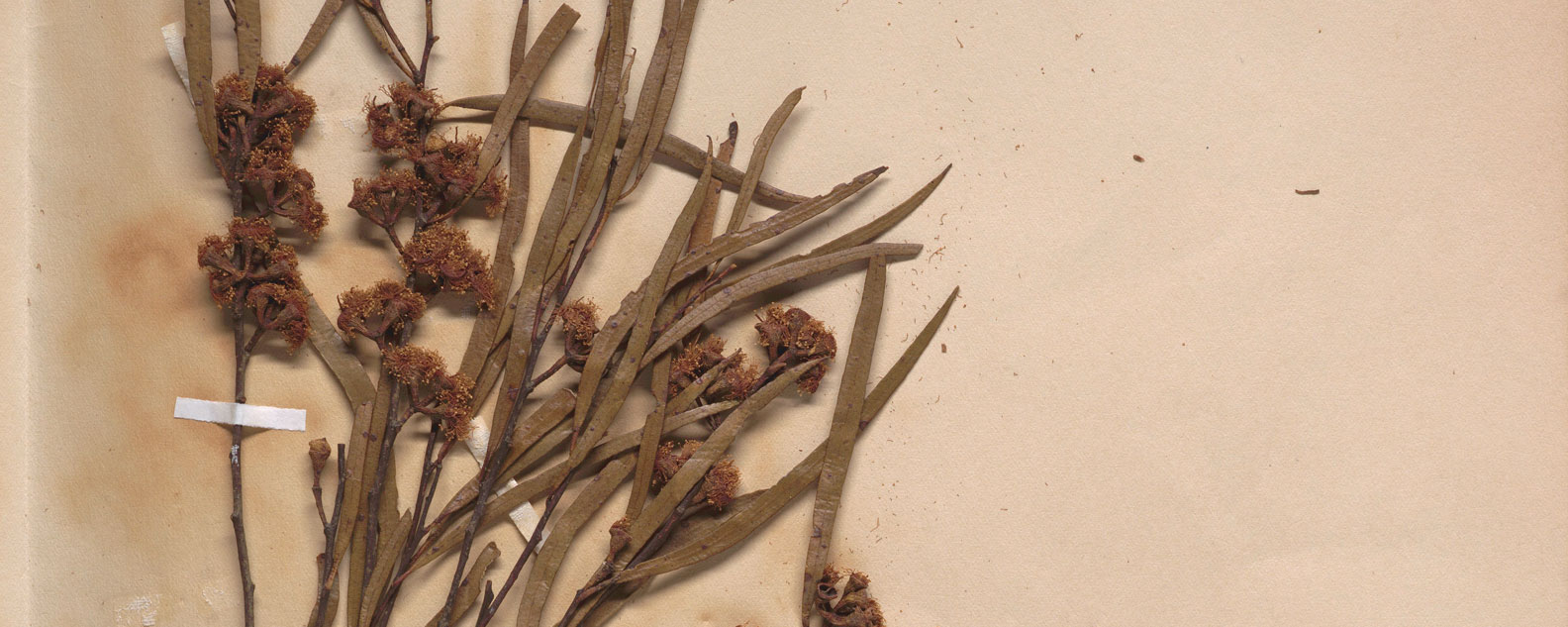Herbarium specimen loans and exchanges
We can provide specimen loans or distribute exchange material to registered scientific institutions worldwide. High resolution specimen images are also available under a Creative Commons license.

Request a loan or herbaria exchange
The National Herbarium of NSW is part of an international network of institutions sharing plant specimens. We lend specimens to other herbaria for botanical research and to galleries and museums for exhibitions.
High-resolution specimen images may sometimes suffice instead of loans. We provide them under the Creative Commons BY-NC-SA 4.0 licence, which allows specimen images to be used for non-commercial purposes.
To request a specimen loan, please email the Collections Manager:
Herbarium specimen exchange
It is a longstanding tradition worldwide that herbaria exchange herbarium specimens to increase the breadth of species diversity in all collections as well as expedite their access by scientific research.
All herbarium specimens collected after 12 October 2014 are subject to Nagoya Protocol regulations, which are in place to reduce illegal collection of materials. To ensure compliance with these regulations we kindly request that all specimens sent to us for exchange are accompanied by a valid collecting permit or license number as evidence of prior informed consent to collect.
For more information about specimen exchanges, please email the Collections Manager.
Loan and exchange regulations
Only registered scientific institutions can loan or exchange specimens or samples of Australian species. The movement of specimens and parts of specimens of certain taxa is strictly regulated by both the Convention on International Trade in Endangered Species of Wild Fauna and Flora and the Australian Environment Protection & Biodiversity Conservation Act 1999.
Strict quarantine regulations apply to the importation of herbarium specimens into Australia. Institutions wishing to send material to New South Wales must first contact the Collections Manager for information on quarantine requirements and consult the Australian Biosecurity Import Conditions database for further details.